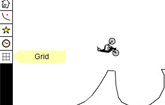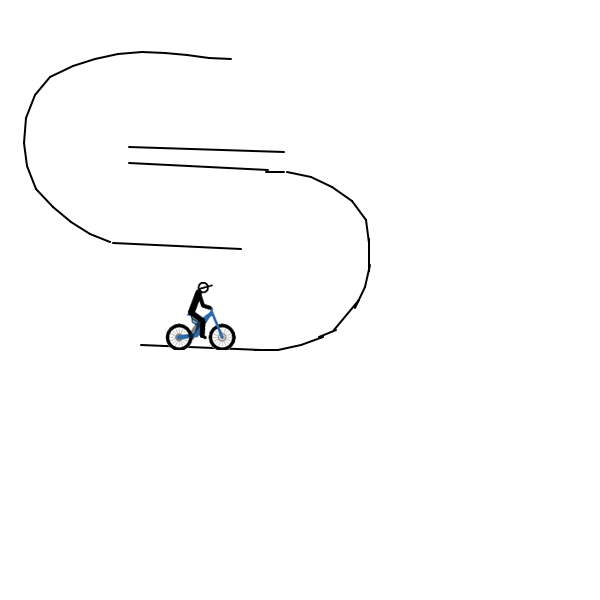
Free rider 3 free#
Therefore, public goods like national defence, street lighting, beautiful gardens may not be provided in a free market.Ī free-rider problem is also said to occur when there is overconsumption of shared resources. Non-rivalry – benefiting from good or service does not reduce the amount available to others.Non-excludability – you can’t stop anyone from consuming good.It would be good if we all contributed to cleaning the kitchen but there is a temptation to leave for someone else – who will do it all for us.Ī public good has a classic free-rider problem because public goods have two characteristics: If someone builds a lighthouse, all sailors will benefit from its illumination – even if they don’t pay towards its upkeep.In other words, we free ride on the efforts of others to recycle. There is an incentive to free-ride on efforts of other people to recycle and make less effort yourself. However, if one person in a city of five million produces less rubbish, it makes little difference. It is good to reduce our production of landfill rubbish.Another way to explain the free-rider problem is a slogan like “Let George do it” – where George stands for the rest of the world.Once pollution is reduced – everyone has to benefit. if you reduce pollution, everyone in society will benefit. The free-rider problem is common with public goods – goods with non-excludable benefits, e.g.


This occurs when people can benefit from a good/service without paying anything towards it.


 0 kommentar(er)
0 kommentar(er)
